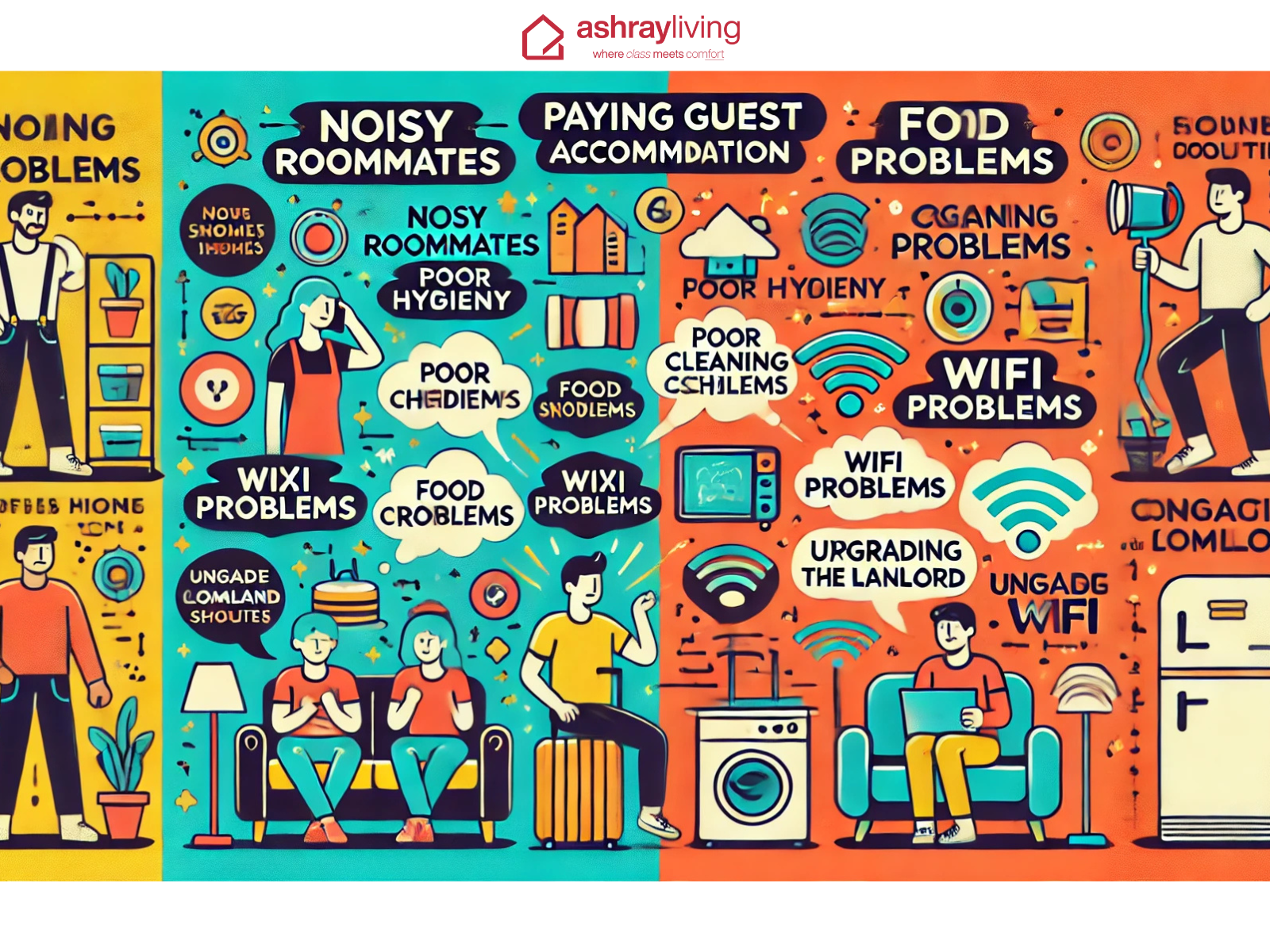
Living in a college dorm is an integral part of the student experience for many. It’s a phase that often shapes friendships, teaches life lessons, and creates countless memories. However, like any living arrangement, dorm life comes with its own set of advantages and challenges. If you’re considering living in a college dorm or simply curious about what it entails, this article explores the pros and cons to help you decide if it’s the right fit for you.
Pros of Living in a College Dorm
Living in a college dorm offers unique advantages, including easy access to campus, opportunities to build lifelong friendships, and a vibrant social environment that fosters personal growth, independence, and unforgettable college memories.
1. Convenient Access to Campus
Living in a dorm places you right in the heart of campus life. Whether it’s attending classes, accessing the library, or participating in extracurricular activities, everything is just a short walk away.
Why It’s Great:
- Saves time and money on commuting.
- Encourages active participation in campus events and clubs.
2. Opportunities to Make Lifelong Friends
Dorm life fosters a sense of community. Sharing a living space with peers creates an environment where you can easily form close friendships. Late-night conversations, group study sessions, and shared meals often lead to lifelong bonds.
Example: Many students meet their future best friends or roommates in their dorms.
3. Structured Living Environment
Dorms often come with rules and regulations that provide structure. This can be helpful, especially for students transitioning from living at home to living independently.
Why It’s Beneficial:
- Curfews and quiet hours promote discipline.
- On-site staff ensures safety and security.
4. Exposure to Diverse Cultures and Perspectives
Dormitories bring together students from different regions, cultures, and backgrounds. Living in such a diverse community can broaden your worldview and enhance your interpersonal skills.
Bonus: You might even learn a new language or discover a different cuisine through your dormmates.
5. Utilities and Amenities Are Taken Care Of
Most dorms include utilities like electricity, water, and Wi-Fi in the housing fee. Additional amenities such as laundry rooms, study lounges, and common areas are also provided, simplifying daily living.
Why It’s Convenient:
- No need to worry about separate bills.
- Access to shared resources reduces individual costs.
6. Enhanced Academic Focus
Being surrounded by other students who are also studying can create a motivating environment. Dorms often have quiet study areas, making it easier to focus on academics.
Tip: Form study groups with dormmates for collaborative learning.
7. Fun and Social Activities
Dorms frequently organize events like game nights, talent shows, and cultural celebrations. These activities add a layer of fun and help students relax amidst their academic commitments.
Example: Participating in dorm competitions can create cherished memories.
Cons of Living in a College Dorm
Living in a college dorm can have its downsides, such as limited privacy, noisy environments, shared spaces, and strict rules. These factors can make it challenging to maintain personal space and a quiet study atmosphere.
1. Limited Privacy
Sharing a room or common spaces can sometimes feel intrusive. Finding alone time may be challenging, especially in a bustling dorm environment.
Why It’s Tough:
- You may have to adjust to roommates with different habits and schedules.
- Noise levels can be unpredictable.
2. Strict Rules and Regulations
While structure can be beneficial, some dorm rules might feel restrictive. Curfews, guest policies, or quiet hours may limit your freedom compared to off-campus living.
Example: Not being able to host friends late at night can be frustrating for some.
3. Space Constraints
Dorm rooms are often small and shared, meaning you’ll need to get creative with storage and organization. Overcrowding in shared areas like kitchens or bathrooms can also be a downside.
Challenge: Learning to live with limited personal space.
4. Potential for Conflicts
Living with others means navigating personality clashes, differing lifestyles, or disagreements over shared responsibilities.
Examples of Conflicts:
- Roommate arguments over cleanliness.
- Disputes about noise or shared items.
5. Expensive Costs
Dorm living may be more expensive than renting a shared apartment off-campus, depending on your college and location. This is especially true if the dorm offers premium amenities or meal plans.
Consider: Weighing the costs of dorm living against off-campus options before committing.
6. Distractions and Noise
Dorms are social hubs, which can sometimes lead to distractions. Loud music, late-night conversations, or social gatherings might interfere with your study time or sleep.
How to Cope: Use noise-canceling headphones or study in the library when needed.
7. Homesickness
For many students, dorm life marks the first time living away from family. This transition can sometimes lead to feelings of loneliness or homesickness, especially during the initial weeks.
Suggestion: Stay connected with family through regular calls and visits.
Tips for Making the Most of Dorm Life
- Communicate Openly: Establish ground rules with your roommate early on to avoid conflicts.
- Get Involved: Participate in dorm events to make friends and stay engaged.
- Stay Organized: Use storage hacks and keep your space tidy to manage small dorm rooms.
- Respect Others: Be mindful of noise levels and shared spaces to maintain harmony.
- Take Breaks: Step out occasionally to explore the campus or nearby areas to refresh your mind.
Conclusion
Living in a college dorm can be a rollercoaster of experiences. It’s a unique opportunity to build independence, create lasting memories, and embrace the challenges of communal living. While there are cons to consider, the pros often outweigh them for many students. Whether it’s the friendships you form, the lessons you learn, or the fun you have, dorm life is a chapter that many look back on fondly.
Related Blogs








